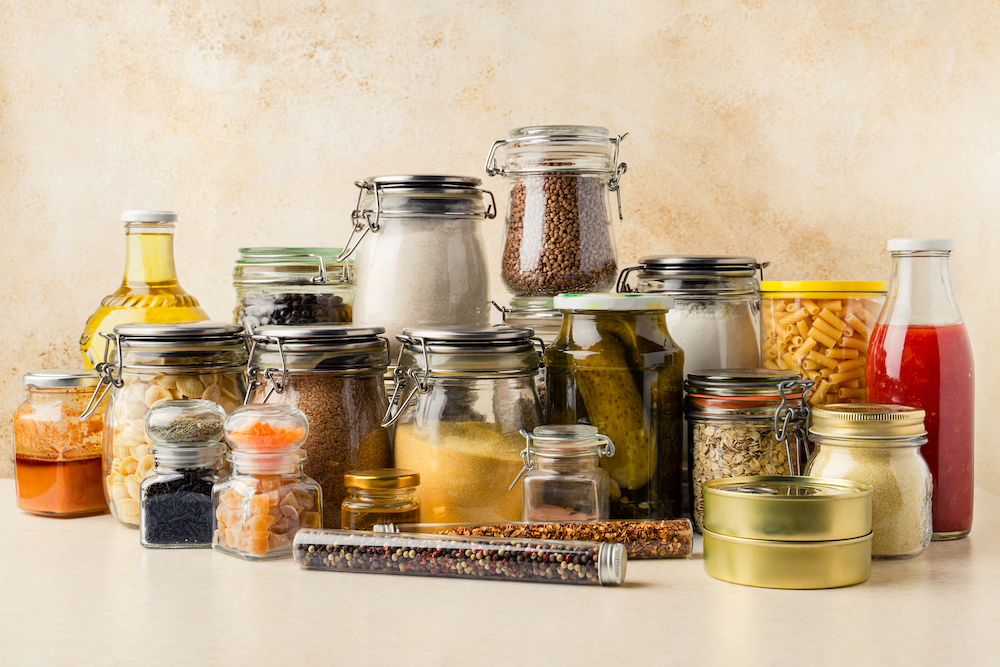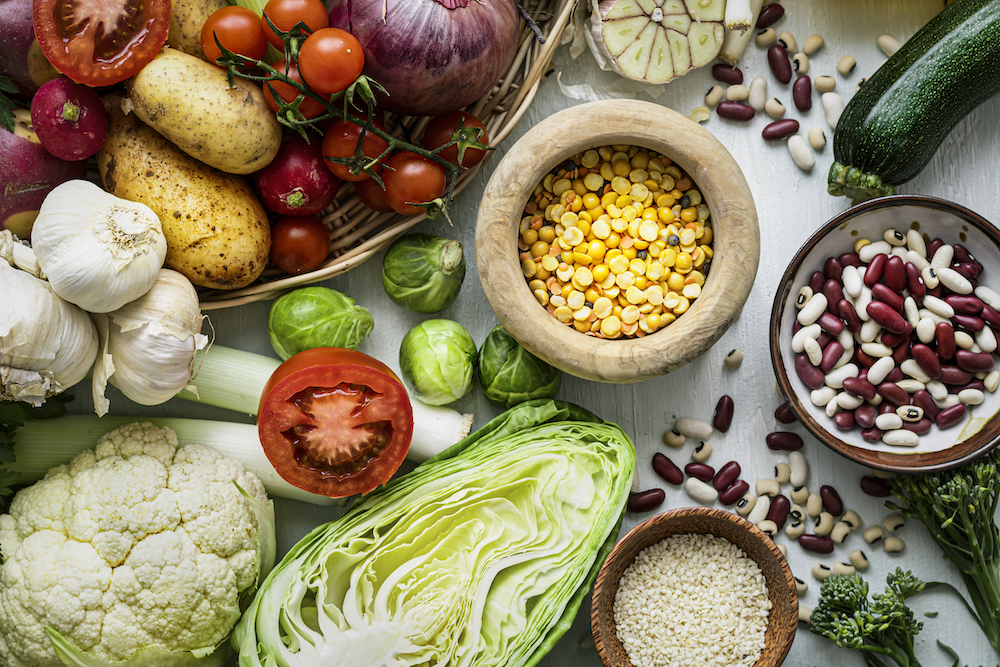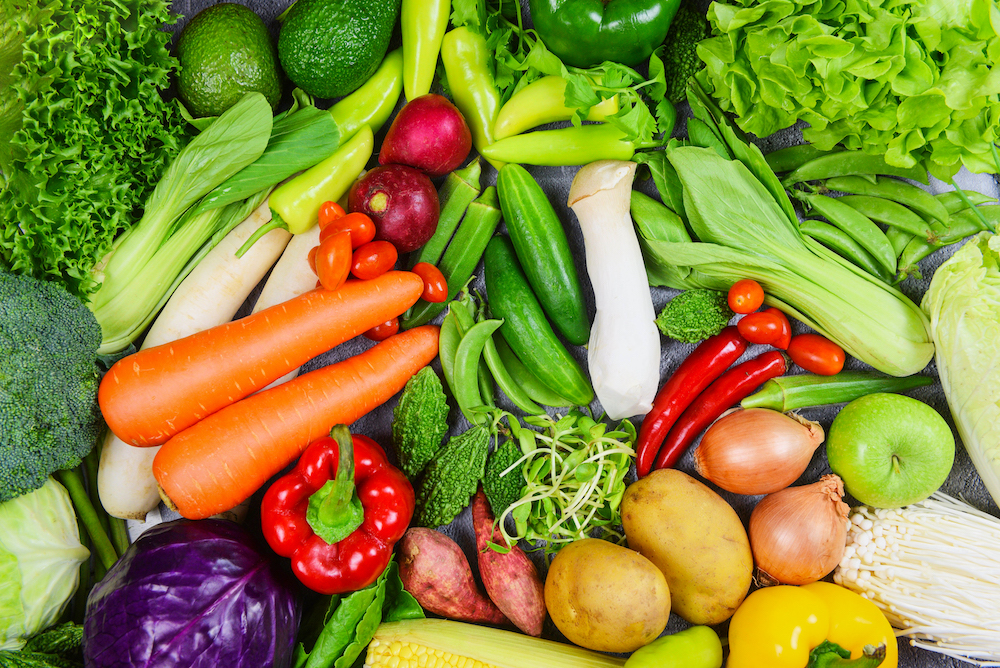Sustainable eating in 6 steps

Besides being good for the environment, sustainable eating also benefits your health. But how can you start? You can begin by reducing meat consumption, increasing plant-based foods, minimising food waste, and eating only what your body needs. Below are some tips to help kick-start your journey to eating more sustainably.
1. Drink water, coffee, and tea
Drinking water is not only good for your health but also great for the environment. Tea or caffeine-free coffee can be a nice change from drinking water straight from the tap, but don’t go crazy, try having 3 to 4 cups a day max! Avoid drinks like soda, juices, and alcohol, as they are not good for your health. We understand people like to be sociable, so if you can’t cut them out, why not try reducing your consumption of them? By choosing water, you also minimise packaging production and transportation. If plain water seems boring, try adding fruits or herbs for flavour.
2. Avoid food waste
Are you someone who finishes their leftovers? That’s great! However, there are more things you could do to be sustainable. Planning your weekly food shop and cooking in portion sizes helps reduce food waste. Minimising waste has a significant positive impact on the environment.
3. Consume less meat
While meat can be enjoyable, consuming large amounts of it is environmentally burdensome, especially red meat. Instead of red meat, look for meat alternatives or substitutes that contain unsalted nuts, eggs, or legumes such as beans, lentils, and chickpeas. If you’re looking for sustainable meat alternatives, these options are ideal.
4. Choose seasonal produce
Most fruits and vegetables have specific seasons when they are harvested. These seasonal products have a lower environmental impact as they are transported from local farms to the store.
5. Include dairy and cheese
Consuming dairy products daily benefits your health but be mindful of portion sizes. For optimal health, aim for 2 to 3 small servings per day. You could include dairy products like milk, yoghurt, and low-fat cottage cheese.
6. Eat in moderation
Everyone needs food and drink, but the amount of extra food consumed varies among individuals. By consuming only what your body needs, you help minimise the production and transportation of excess food. This approach not only benefits sustainability but also promotes a healthier body.
By following these steps, you can contribute to a more sustainable food system while improving your well-being.


